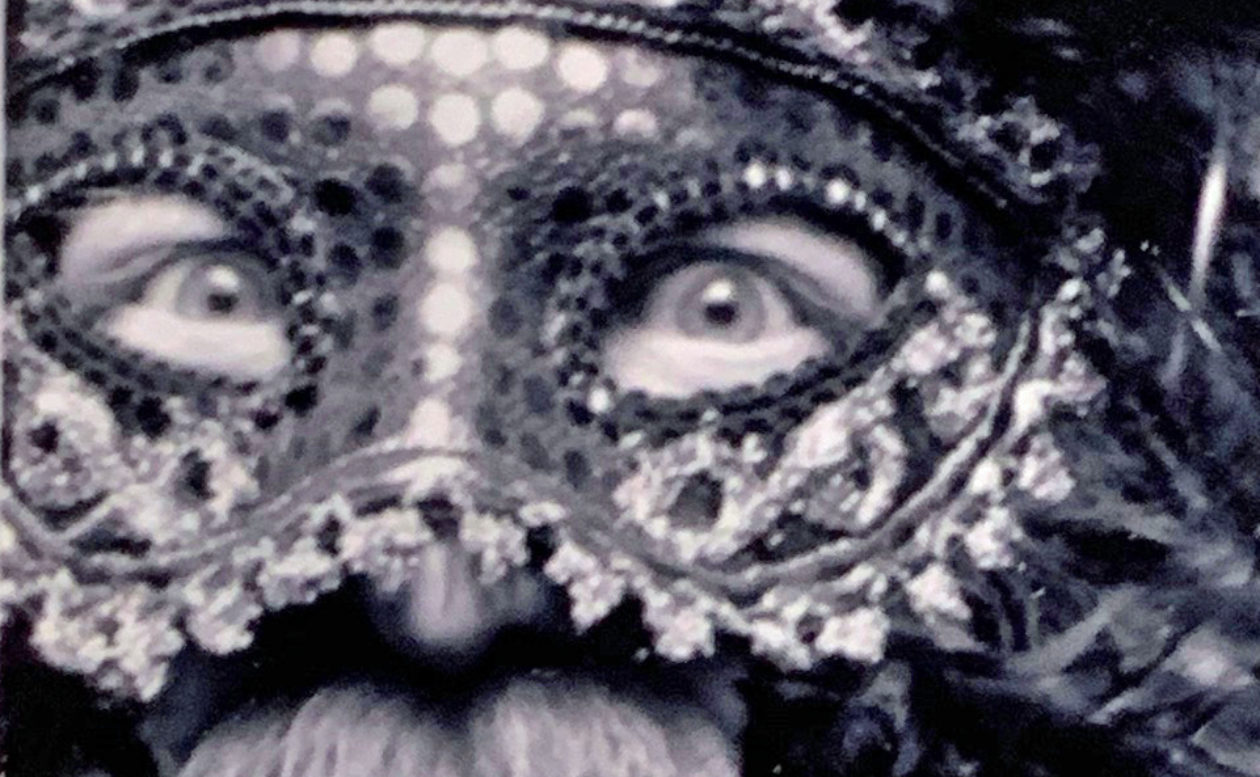
John Irving announced The Last Chairlift would be his final novel before it hit the shelves. (I mean, he’s 80.) After reading it, I think it is fitting. Before I read this novel, I claimed John Irving as my second favorite fiction author (There is no better storyteller than James Lee Burke.) And that my favorite Irving novels, in order, were: 1. Hotel New Hampshire, 2. The World According to Garp, 3. A Prayer for Owen Meany. Each of those novels is a first person, autobiographical novel about the life of a literary man (writers/English teachers) who used to live in New England but who now lives in Toronto and/or Europe, and so is Chairlift. Each of those other stories is a kind of coming of age tale and relate their powerful themes inside that kind of structure. Chairlift does too, except the age Chairlift comes to is 80. I happened to be in my 73rd year as I read it and I appreciated both when his recollection of the history of the last 80 years matched my own and when his fervor of all kinds was familiar inside my own experiences. In other words, that old guy tells a story appreciated by another old guy.
The way this guy uses language is a joy. It is intelligent but not overly erudite. It is full of lofty ideas but not snooty. John Irving’s voice is among the most American in the world. And the treatment of pronouns (and the plot driven necessity to handle pronouns) is delightful. I’d love to insert an example here, but it would be too big a spoiler. If you have ever had an argument with anyone over he/she/they, read this novel.
Now, your homework: You will want a working understanding of another fat tome—Moby-Dick. (Also a first person narrative novel.) If you’ve never read it and you want to hurry through Melville, I have a good cheat where you can get away with reading only 35 chapters and ignore all those “interstitial” chapters. For extra credit, it wouldn’t hurt to have read “Bartleby, the Scrivener.” Also, if you would like to appreciate just how autobiographical this novel is, check out Irving’s Wikipedia page at https://en.wikipedia.org/wiki/John_Irving I promise it will make you happy if you are a word-geek.
Let me tell you a couple of things I didn’t like:
I did not like the appearance of long segments of screenplay inserted into the text. I don’t buy plays of any kind. I hate the artificiality of what feels like “telling me a movie.” Movies are for watching, not reading. Irving tries to justify using the form the first time because, he claims, it is more powerful for its immediateness, being written as it is in present tense. The ceaseless voice-overs become necessary when Irving doesn’t allow himself one of his best tools–his narrative voice. If, as Irving asserts, present tense is the best way to tell a part of the story, why not just tell the reader that and proceed with 1st person, present tense? I would find that irritating too but I’d forgive it quicker than the THREE long screenplay sequences. As an aside, I am sure Irving plans for this to be a big movie and those scenes are already done. They are key scenes too. But I generally prefer novels to movies. I always appreciate novelists more than screenplay writers. PS, It also bothered me–lower case “b”– each time he mentions winning an Oscar for a screenplay.
And I did not like the 888 page length. The first 100 pages become this necessary slog to get all the different characters down without much plot advancement (and Irving novels are 19th Century monuments to plot). But as always with Irving, pay attention to everyone and every event in the beginning because you know they will come back to (ahem) haunt you. And the last 100 pages are necessary to tie up ten thousand loose ends. And, as I said above, THREE movie segments. Forgive me some math. The book is 888 pages. The three segments, Chapters 30, 45 and 49 add up to 228 pages. The list price of this fat tome is $38.00. That means I spent $9.76 on a screenplay. That’s more than the last 25 years!
The novel is a beautiful (if too long) amalgam of those other three stories. We have lesbians who are mute, a big sample of the spectrum of human sexuality, Vietnam, Regan and AIDS, humans of very small stature, death and death, plenty of dark humor, wrestling, teaching in high school and college, lots of talk of writers, between writers, about writing, and best of all, that Irving irreverent political commentary. If you liked Garp, you’ll see something familiar in this writer’s life and his relationship with his mother. If you liked Owen, you will see other little people here. If you liked Hotel you’ll love the haunted hotel in this story.
Oh, did I mention it’s a ghost story?
[32]






